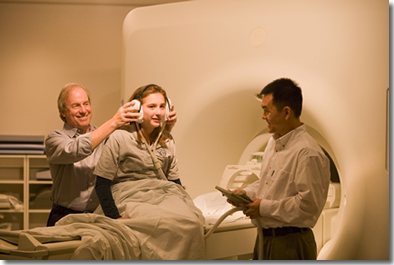 |
Research Assistant |
|---|
Thanks for exploring the possibility of becoming a Research Assistant in our lab. Much of the success of our laboratory is due to the excellence of those who assist with our research. Let us tell you a little more about the kinds of projects that are being done in the lab right now. A long-term project that involves most members of the lab is a study of depressed, anxious, and never-disordered women and their young daughters. We are assessing the cognitive, biological, and psychosocial functioning of these mothers and daughters to examine possible mechanisms that underlie the increased risk of disorder in the children of mothers with psychopathology. We are also conducting studies examining the cognitive functioning of depressed adults. These studies use fMRI techniques to explore the neuroanatomical correlates of negative thinking and the processing of positive and negative information in depressed individuals. We are also examining the cognitive, psychosocial, and biological functioning of depressed adolescents. As a lab RA, you could be working on any or all of these projects. These studies are being run on both patient and community samples, and we need help with subject scheduling and running. In addition, you may be asked to enter data, help with data analysis, prepare stimuli for projects, or do literature searches. We anticipate that much of your time will be spent running and screening subjects. For Stanford undergraduates who wish to RA for credit on Axess: Because of the extensive training that we give research assistants, we require a two-quarter commitment (or longer, if things work out well). We also ask that you commit to a minimum of 3 units (9 hours/week). All RAs attend a research meeting each week as part of working in the lab. The meetings are primarily conducted to present and discuss ongoing research. They take place on Mondays at 4:00pm in room 100 of Jordan Hall. If this is of interest to you, please contact our research coordinators to arrange an interview. They may be reached via e-mail at mood@psych.stanford.edu, or by phone at (650) 723-0804.
|
![]()








